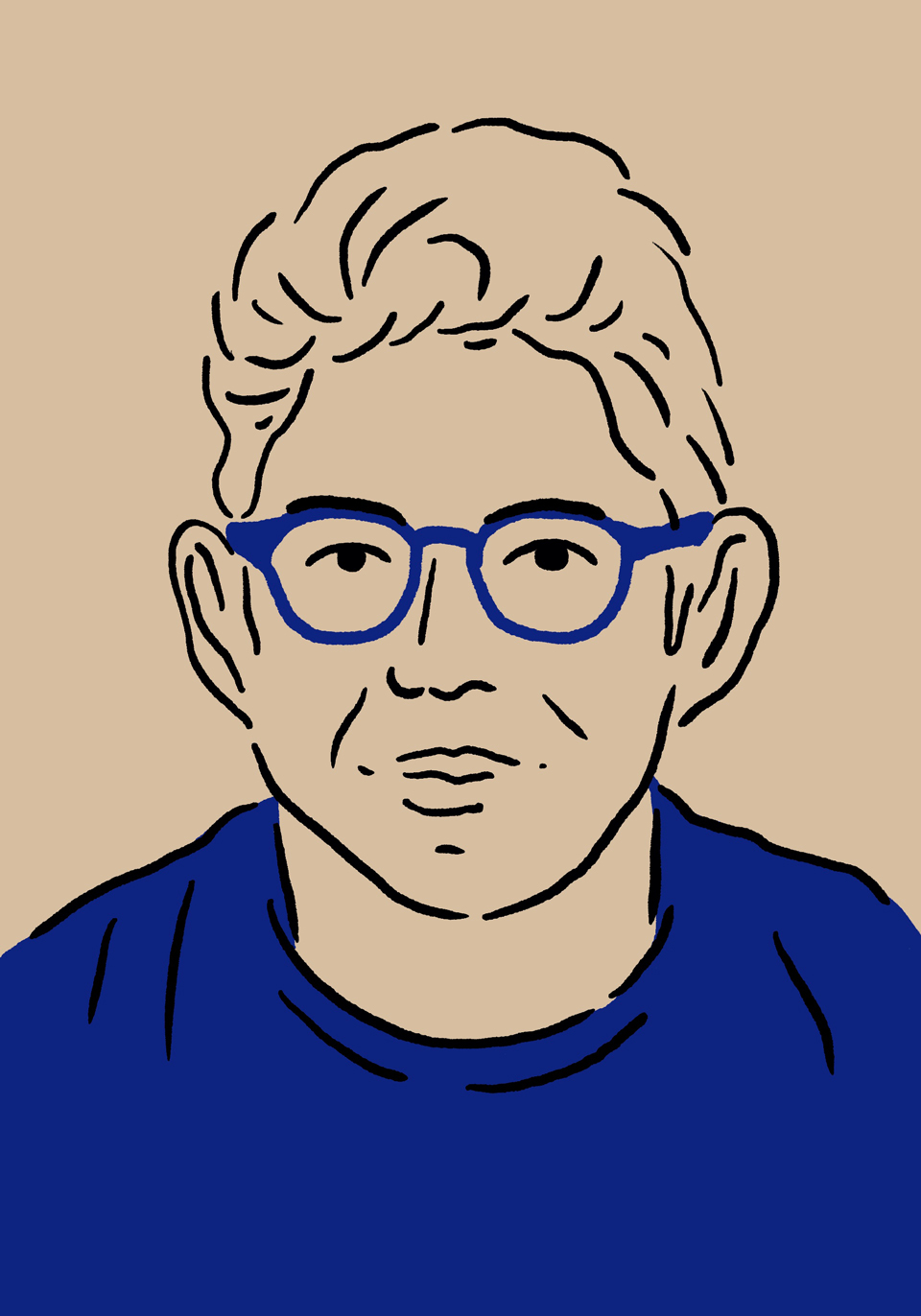Eleven impressions from ETHDenver 2022
Last week I attended ETHDenver, my first crypto conference. I was there to give a talk about a new project called Metalabel at an event hosted by Gitcoin. The event and people I met there surprised me in a lot of ways. Here are eleven impressions, good and bad, after four days immersed in the world of crypto IRL.
The good
1. There were lots of people there. Something like 20,000 people, with long lines for everything related to the conference. Many, many people.
2. There was lots of positive, do-gooder energy, especially for the public goods scene that Gitcoin and Ethereum-related projects have memed into existence. The amount of positive, constructive, and ambitious energy around major challenges and opportunities felt distinct from any other scene I’m aware of today. It wasn’t pure utopianism either: discussions generally felt aware of the challenges and obstacles of the current system, rather than naively wishing them away.
3. Talking to people who are deep in DAOs I found some who claimed DAOs can do and solve almost anything. I found another set who questioned the meaningfulness of the category, as it’s already such a broad term and many DAOs don’t fit the strict definition. A new project called DAOStar that launched at ETHDenver could help. It’s a consortium of major DAO tool-makers (Gnosis, Tribute, others) who are proposing standards for defining DAOs and their metadata to make them more legible and searchable.
4. Someone estimated to me that 80% of crypto people are in it for speculation, 15% for technical problem solving, and 5% for DAOs. DAOs are a distinct, nerdy subculture of crypto.
The not so good
5. One morning I accidentally ended up having breakfast with a table of VCs and listened to them talk for an hour about DAOs. The first half of the conversation was full of extreme DAO optimism (This restaurant should be a DAO! Every company should be a DAO! All existing communities are DAOs and just need to be onboarded to Web3!). The second half was full of complaints about how some prominent DAOs they’d invested in are more focused on social and cultural activities than maximizing the value of their token. To hear VCs talk one minute about how everything should be a DAO and the next about how DAOs aren’t financially maximizing enough was not great, Bob!
6. It was striking how often the phrase “coordination problems” was used to describe the fact that people have different values, desires, and goals, and that political and social systems are built along those differences. There was a sense that if we could just get the mechanics and incentive structures right all of these things — greed, avarice, inequality — would be solved. Chalking up social challenges to coordination problems feels overly abstracted from the human experience.
7. I had many conversations about the pains of wallets, privacy, and onboarding. There was a lot of commiseration about how unfriendly the experience can be, especially the lack of privacy. “Years away” was a phrase I heard more than one person say when describing when truly user-friendly experiences would be happening. However there was also excitement about tools and innovations being built right now.
The rest
8. A conversation topic I brought up more than once: What if crypto really is a ponzi controlled by a few whales and this whole thing has been a market manipulation and now nerds and do-gooders are helping to legitimize it? Most people replied with some variation of: that might be what this is, but what’s better: staying on the outside and just criticizing, or using your energy to try to steer it towards something good?
9. The question I keep asking myself in Web3: what, in all this noise, is real? I believe the power of projects being able to seamlessly distribute ownership, influence, and value to all stakeholders who help create it is real. I believe the money being created by crypto is real. After ETHDenver, I also believe the energy driving parts of it is real.
10. Meeting someone IRL who you first met online is two-factor social authentication and a must for deepening online relationships.
11. It felt to me like the most powerful energy driving crypto is in response to this being a space where the future is unwritten. In most areas of life – politics, social relations, power relations, climate change – the world feels calcified. But Web3 feels like a place where new possibilities are being explored and are already underway. It’s a frontier in a world that feels like it’s running out of frontiers.
12. It wouldn’t be crypto without shilling, so here’s a video of the talk I gave on Metalabel:
Peace!

Discussion